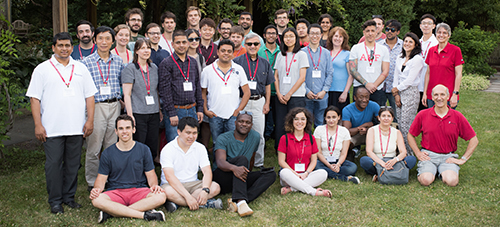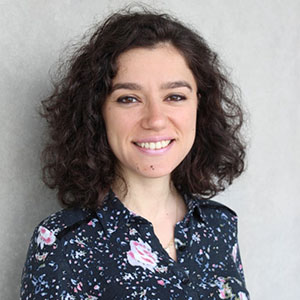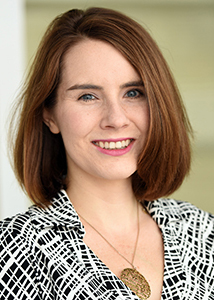An Introduction to Density Functional Theory for Experimentalists
Cornell University
July 8, 2018 – July 14, 2018

Scope and Objectives
Materials Modeling The goal of this Summer School is to introduce experimentalists to density-functional theory calculations and first-principles materials modelling. This course answers the basic questions: “Can DFT help me with my experimental problem? Which materials properties can be predicted and how reliable are the results? How difficult would it be to run the calculation that I need? Can I do this on my own or I better seek for help from the theory group next door?”. By the end of the school the participants will be able to perform basic DFT calculations in complete autonomy, and will have a better understanding of the current literature on atomistic modelling using DFT. The course is articulated along three parallel tracks: theory lectures, practical lectures, and hands-on sessions. In the theory lectures we will introduce the conceptual background that is needed to understand the potential and the limitations of DFT in the context of materials modelling and design. The practical lectures are meant to guide the audience through the practical steps required for performing DFT calculations. In the hands-on sessions the participants will be running DFT calculations on selected materials in complete autonomy, with the lecturer and teaching assistants supervising the sessions.Team-Based Materials Discovery A team-based, multidisciplinary approach to materials-by-design is needed to increase the pace of new materials discovery. To that end, this course will also feature sessions designed to develop the team skills necessary to enable creative and productive collaborations among theorists, film/crystal growers, and microscopists / materials characterization experts. These sessions will bring an awareness to the challenges of team-based efforts and highlight strategies for reaping the benefits of collaborative work.










